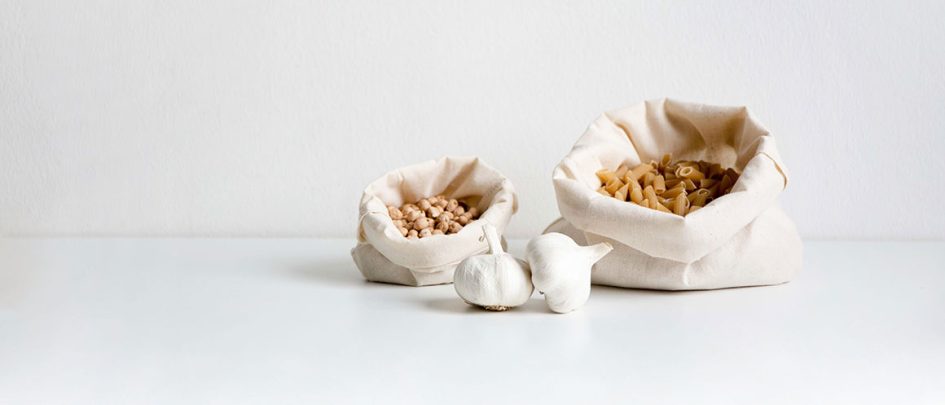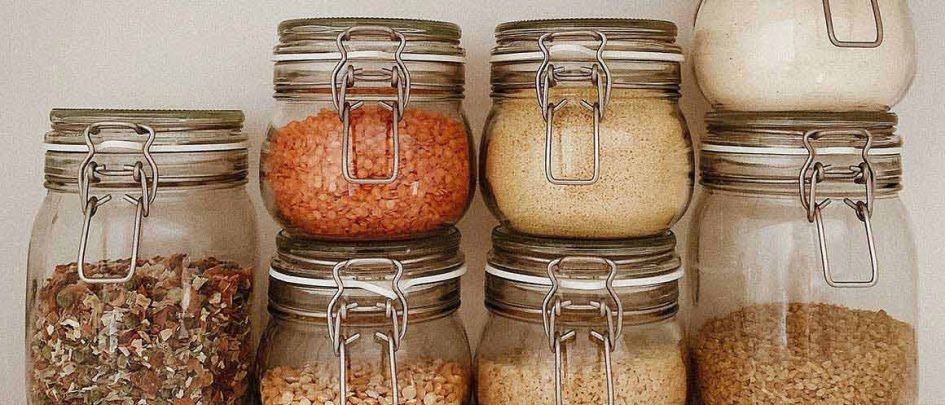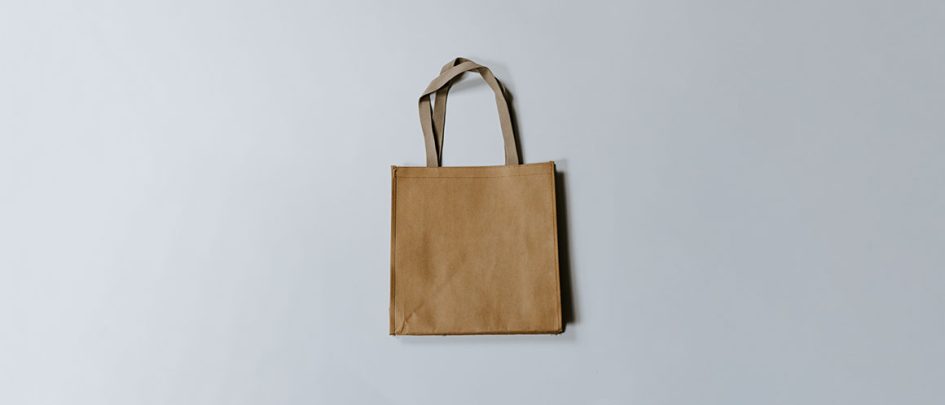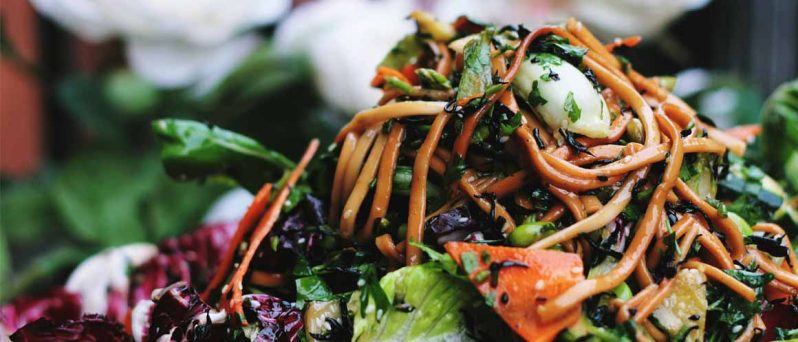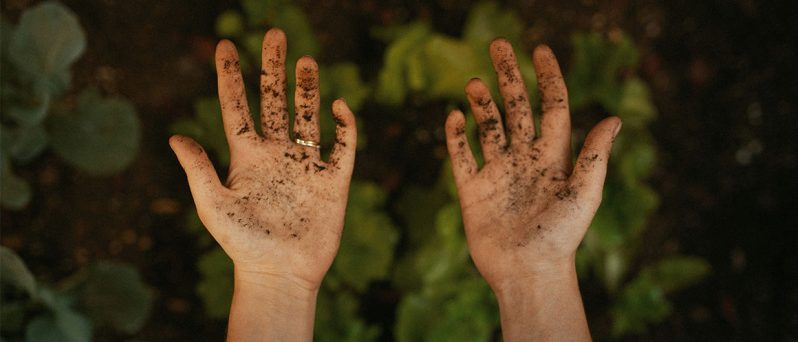Living “Zero Waste” is more of a goal than a realistic achievement – another term often used is “PALL” (Plastic a Lot Less). The main thing is to have a go, because the benefits of going plastic-free are enormous. If not for the marine life, if not for the environment, then do it for the purely selfish reason that de-cluttering your life from waste can offer you a clearer mind.
Some switches will be easier to make others, though if you can do all of them you can help reduce your plastic footprint.
Here are our top ten tips for Zero Waste Week:
-
No plastic straws
Unless you have a reusable straw you can sip from again and again, say no to single-used plastic drinks’ straws! They’re a pointless plastic polluter.
-
Down-size your bin
Swap your non-recyclable waste bin for a much smaller trash can to see how much you really throw away in a week and try to minimise it.
-
Glass jars and storage
Start building a mason jar and storage box collection made from stainless steel or glass boxes to eliminate the need for freezer bags, cling-film and plastic tupperware.
-
Wooden toothbrush
Swap to a wooden or bamboo toothbrush that will be able to biodegrade when you throw it away.
-
Refuse single-use plastic
Refuse single-use shopping bags and always, always carry a shopping bag with you for those just in case moments.
-
Reuse
Use a reusable drinks bottle (make sure it’s BPA-free) or reusable hot drinks mug for teas and coffeea. Most cafes will fill up your bottle of water without hassle, or may even serve you a hot cup with a discount if you bring your own cup.
-
Food planning
Take some time to plan at least some meals to avoid food going off before you can finish it. You can also schedule a mid-week fridge assessment alongside a ready steady cook to ensure any veggies on the edge get eaten.
-
Fabric cloths
Opt for fabric napkins instead of throw-away ones. This can also apply to reusable kitchen rolls and cleaning cloths.
-
Cutlery
When going on journeys and you’ll be out and about, carry cutlery: a spork, spoon, or fork will do. You can avoid using up wasteful resources for one-time use disposable cutlery.
-
Loose vegetables and fruit
Opt for vegetables, fruit that aren’t wrapped in plastic where possible. And let shop and store managers know you’d prefer your fresh groceries unwrapped.

